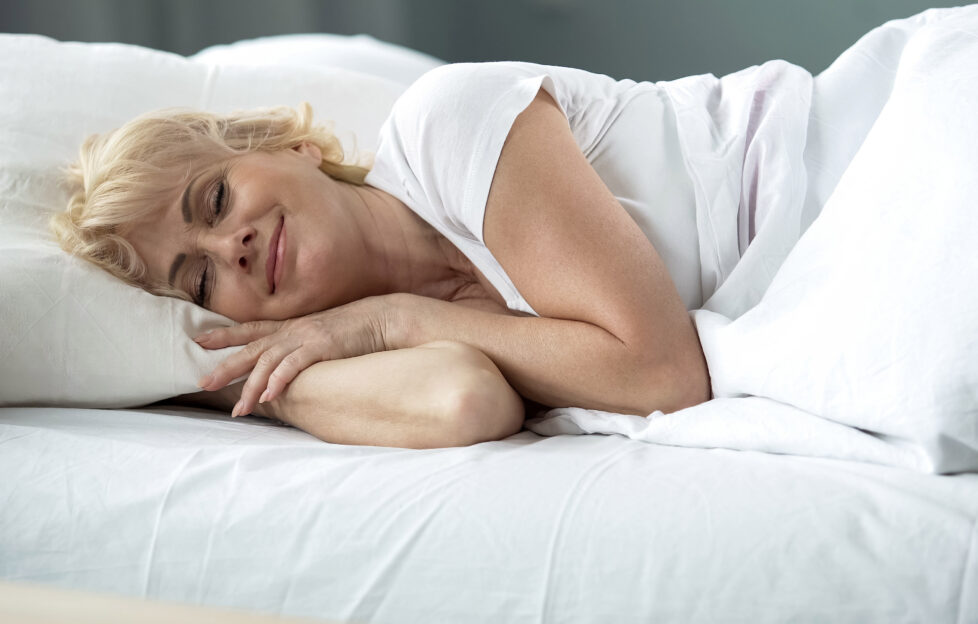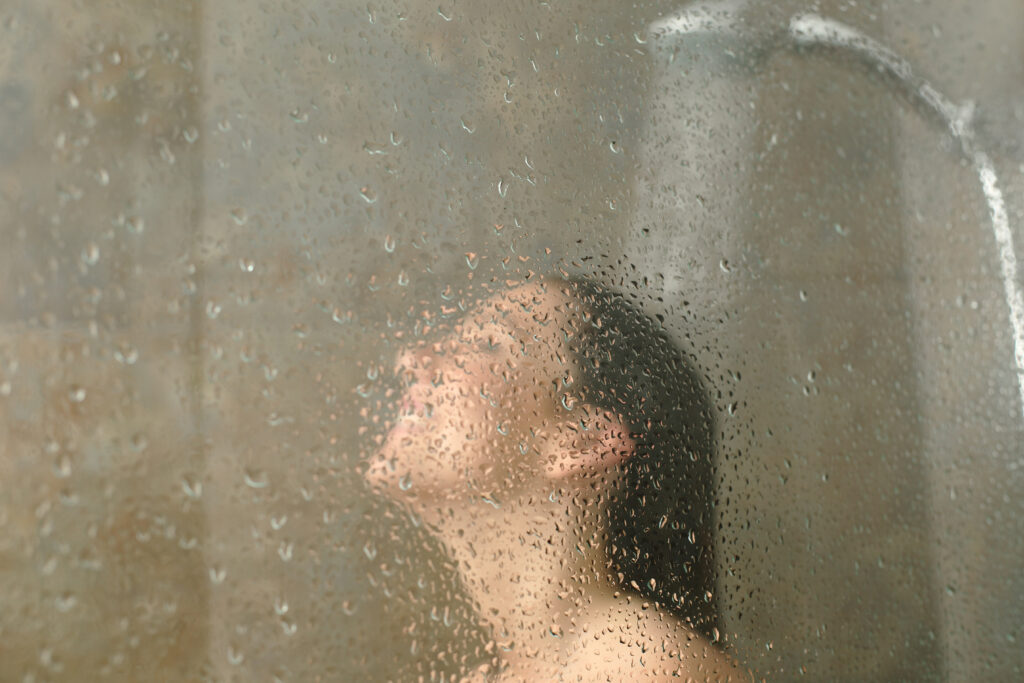Hay Fever Ruining Your Sleep? Fight Back Now!

Hay fever symptoms tend to appear earlier and earlier in our calendars each year, leaving sufferers struggling with uncomfortable symptoms that impact daily life.
Hay fever is considered to be one of the most common allergies in the UK, with roughly 20% of adults in the UK suffering with symptoms. This includes disrupted sleep, sufferers experiencing sleep problems, which can lead to daytime fatigue and a lower level of cognitive functioning.
To help, Alison Jones, sleep expert at Sealy UK, has shared some simple yet effective ways of making allergy season more bearable – especially at night time.
Wash your sheets at 40° (and don’t hang them out to dry)
Washing your sheets every other week is recommended, however, if you are living with hay fever you will benefit from regular weekly washes to free your sheets of pollen and other particles that might make symptoms worse. Washing bedsheets in slightly higher temperatures of 40°C or above is more effective for removing traces of tree pollen.
As the weather begins to improve, many of us enjoy hanging our laundry outside to dry, however for hay fever sufferers this could prove to be a mistake. To avoid pollen attaching itself to your freshly washed bedding, hang your sheets to dry on an indoor clothes horse – it may take a little longer, but the sleep benefits will be worth it.
Reconsider your sleep environment
It can be hard to banish allergens for good, but choosing a mattress that has built in anti-allergy properties is a great way to ensure your bed is working with you and not against you. Look for mattresses which contains ProShield technology, such as Sealy’s new Posturepedic mattress range, with is endorsed by the Allergy Foundation, to not only alleviate those evening sneezes but also significantly extend the lifespan of the mattress.
Much like we choose to layer up our beds with cosy cotton sheets and woollen blankets in the winter, it is key to make adjustments to your sleep environment in the springtime too. Take the time to find anti-allergy pillows and anti-microbial bedding sets to keep the dust and pollen particles at bay.
Shower before getting into bed
If your allergy symptoms worsen at night, it may be worth considering shaking up your shower routine. After a long day, invisible micro particles can lay on your clothes, hair and skin – especially if you have spent a lot of time outside.
A quick shower to cleanse your skin before you settle down into bed can help to keep your allergy symptoms at bay and protects your bedding from additional contamination. Instead of keeping your sleepwear folded on your bed ready for sleep, keep your pyjamas stored away where excess air particles cannot travel as easily.
Similarly, try steaming your sinuses by placing a towel over your head with your face over a hot bottle of water with 2-3 drops of Olbas oil. This will open up your nasal passages and help you to breathe easier.
Reduce pet dander
Your adorable pets can make the perfect snuggle buddy at night, however their hairs may not be doing you any favours when it comes to getting a good night’s sleep. Fur is a magnet for dust and other allergens, meaning you’ll be the one to suffer when they climb into your bed late at night. If you’re really suffering from hay fever, try putting your pet to sleep in another room for a night to see if it improves your symptoms.
Keep an eye on symptoms
Importantly, if you are struggling with your symptoms, it is recommended that you seek help from your GP, so you can relieve any symptoms with the relevant anti-allergy medication. If you notice symptoms are worse in the evening, you should take any medication in the early evening, or just before bed, in order to reap the full benefits.









